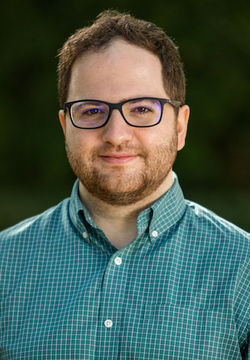Juking the Stats: Policing, Misreporting, and Policy Evaluation

Enforcement agencies, such as the police, are charged with maintaining public order and keeping accurate records of illicit behavior and enforcement outcomes. These administrative statistics play a key role in public discourse and scholarly work. While scholars worry about agencies manipulating data to further their own interests, we lack a theoretical framework to explicitly study the extent and consequences of agency misreporting. We present a game-theoretic model of data production in which an agency chooses effort to maintain public order as well as how to report enforcement outcomes. In equilibrium, the agency lies via reported statistics because it wishes to persuade a third party that it chose high effort. We study how data manipulation affects the agency’s behavior, the quality of administrative records, and the consequences for inferences. We show increasing the agency’s costs of data manipulation can backfire, increasing the measurement error in reported statistics and hence decreasing data quality. Moreover, when calculating treatment effects of parameter changes, the estimated effect on reported statistics can under- or overestimate the effect on true statistics, depending on the degree of equilibrium measurement error in the treatment relative to the control condition.
Michael Gibilisco's research interests include formal political theory, political economy of conflict, and political methodology. His current research applies dynamic game theory to study the evolution of intergroup conflict, legislative policy making, the selection of institutions, and their implications for minority rights. More theoretically, he is interested in dynamic games and their associated aspects of equilibrium existence, computational tools, and structural estimation. His other research includes non-Downsian models of elections and social choice. Gibilisco earned his PhD in political science from the University of Rochester in 2017, where he received the Outstanding Dissertation Award for the Social Sciences.